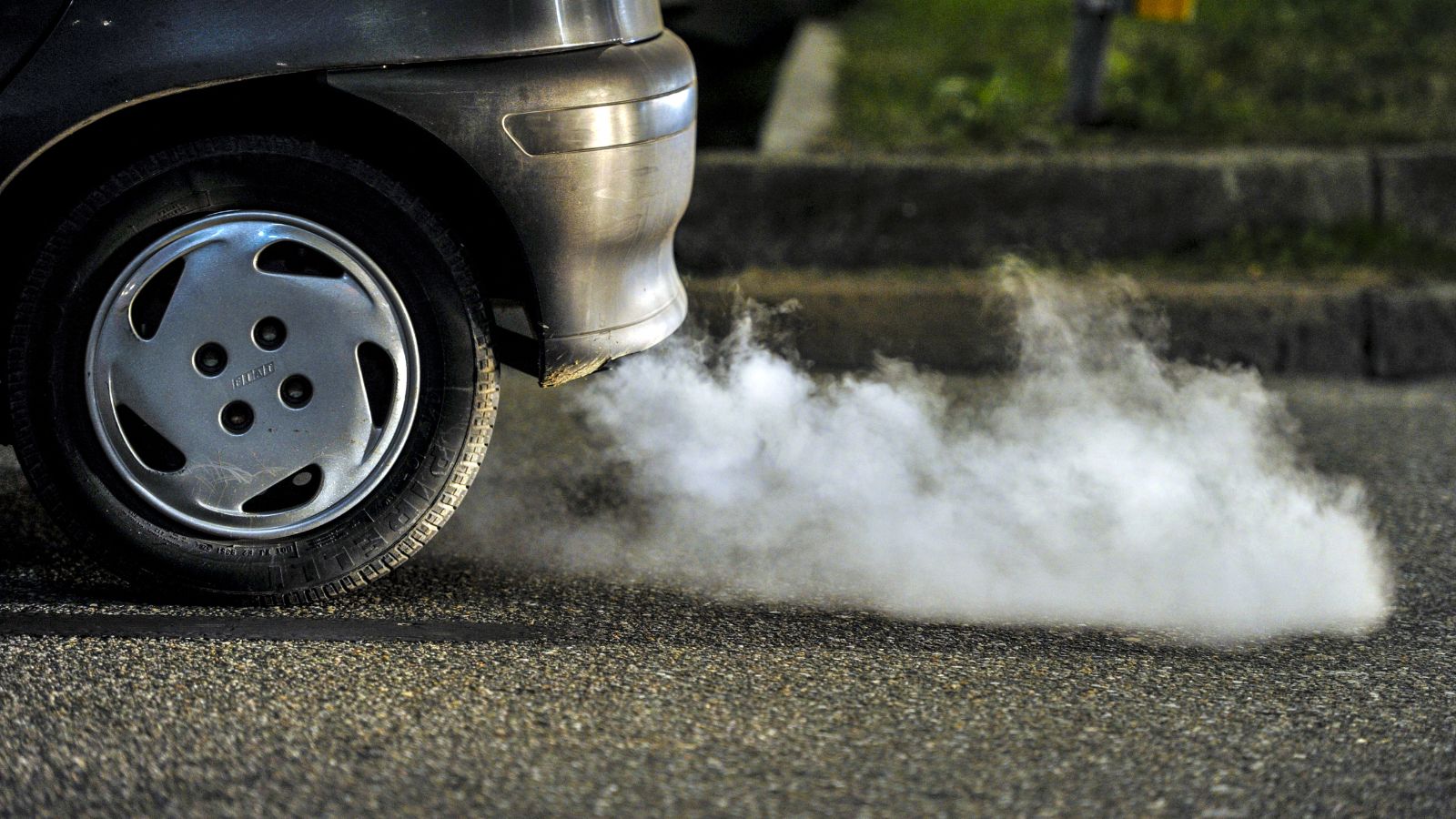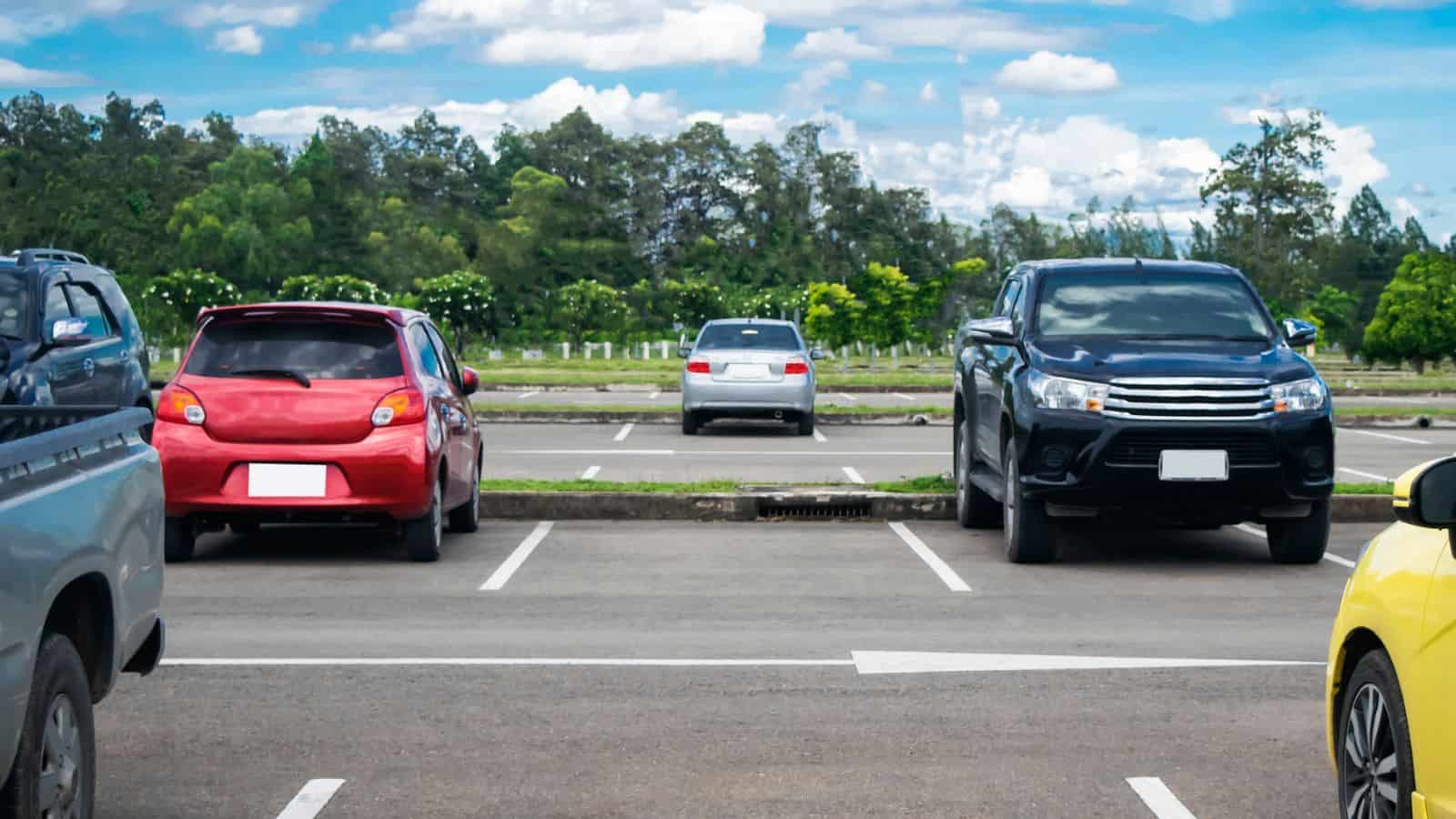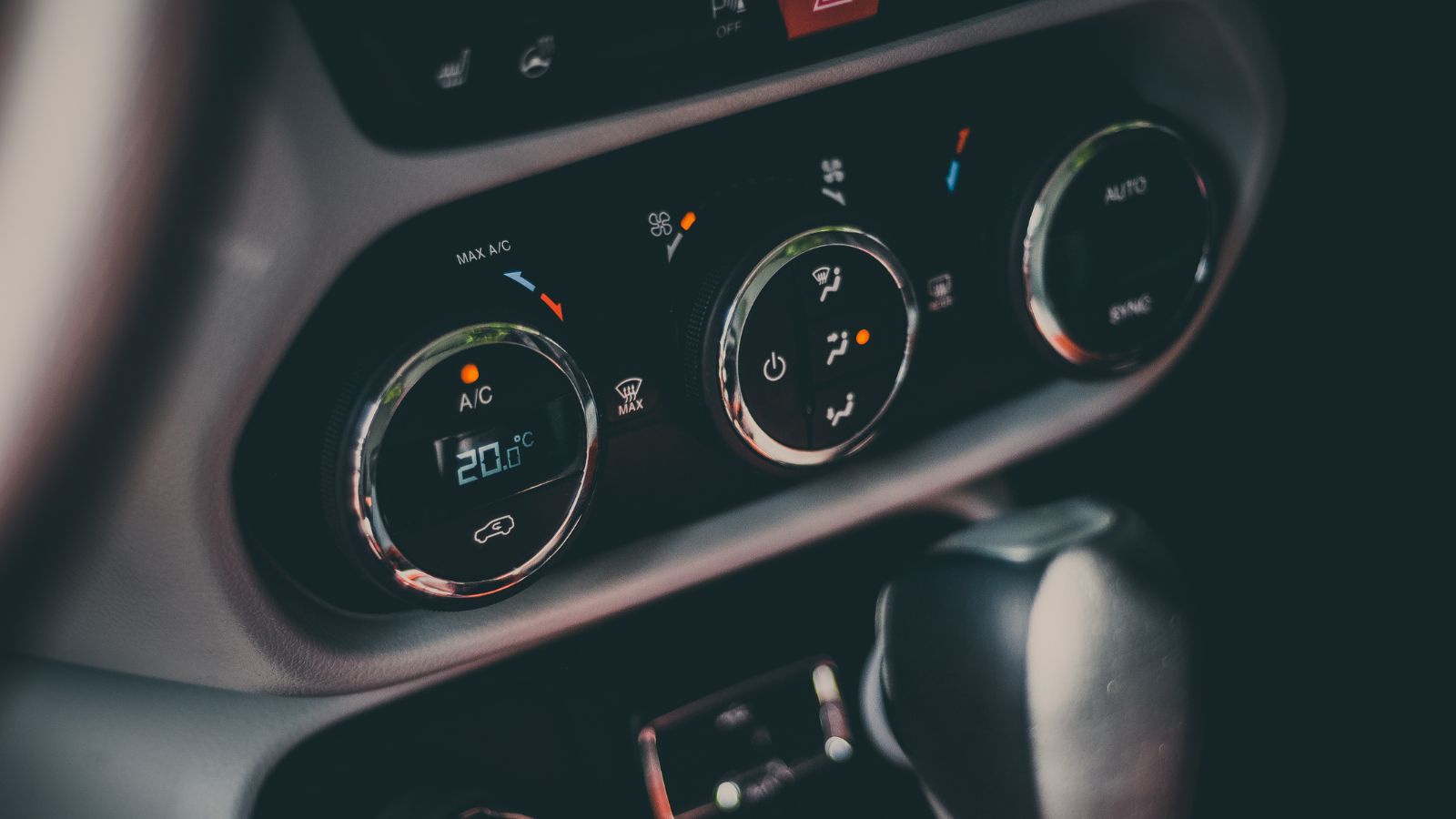Pickup trucks are often celebrated for their ruggedness and ability to handle tough jobs, but they’re not always the best option for everyone. Sure, they’re great for hauling heavy loads or navigating rough terrain, but not everyone needs that level of utility in their daily life.
Before you make the leap and invest in one, it’s important to weigh the drawbacks alongside the benefits.
High Initial Cost

We all know that pickup trucks are expensive. Even the base models often come with a higher price tag than most sedans or smaller SUVs. If you’re looking for extra features like four-wheel drive, advanced safety technology, or premium interior packages, the cost can skyrocket quickly.
For many drivers, the hefty upfront cost doesn’t feel worth it, especially if they don’t actually need the heavy-duty capabilities that come with a truck. If your main goal is to have a reliable vehicle for everyday use, it might be tough to justify spending so much money on a pickup.
Poor Fuel Efficiency

Trucks aren’t exactly known for their gas mileage. Their powerful engines, designed to haul heavy loads and tow trailers, tend to consume a lot of fuel, especially during city driving.
If you’re mostly driving in stop-and-go traffic or running short errands, you’ll likely find yourself filling up the tank more often than you’d like. With gas prices always fluctuating, the cost of keeping a truck on the road can add up quickly.
For drivers who value fuel efficiency, smaller cars or hybrid options might be a much better fit for their budget and daily routines.
Difficulty in Maneuvering

Driving a pickup truck in tight spaces, such as crowded parking lots or city streets, can be challenging. Trucks are significantly larger and bulkier than most cars, which makes them harder to park and maneuver in tight spots.
While parking in a standard spot may not be an issue, navigating smaller streets or dealing with crowded city traffic can become a frustrating experience. This lack of agility can become even more pronounced for drivers unfamiliar with the larger vehicle, leading to potential accidents or simply feeling uncomfortable behind the wheel.
Limited Passenger Space

While trucks are great for carrying cargo, their cabins aren’t always designed with passengers in mind. The back seats in many pickup trucks, especially extended-cab models, can feel cramped and uncomfortable for taller passengers. This is especially noticeable on longer trips, where limited legroom and upright seating can make the ride less enjoyable.
High Maintenance Costs

If you’re thinking about owning a pickup truck, it’s important to know they can be pricey to maintain. Trucks are built with larger and more complex parts, which means repairs and replacements often cost more than those for smaller vehicles. Tires, for example, are bigger and more expensive, and the suspension system may require specialized work.
Even routine tasks like oil changes can come with higher price tags because of the size of the engine. Over time, these costs can add up quickly.
Poor Ride Quality

It’s no secret that pickup trucks aren’t exactly known for their smooth rides. They’re built for hauling and towing, which means their suspension is designed for strength, not comfort. Even with modern improvements, the ride can feel bumpy or stiff, especially if you’re driving on uneven roads or hitting potholes.
Difficult to Drive in Bad Weather

Bad weather always makes driving harder, but trucks come with their own challenges in these conditions. Their large size and higher center of gravity can make them trickier to control, especially on snowy or icy roads.
Even though they look sturdy, they’re not immune to sliding or fishtailing if you don’t have the right tires or four-wheel drive.
If you’re someone who deals with a lot of winter weather or heavy rain, a smaller, lower vehicle might feel safer and easier to handle. The last thing you want is to feel nervous every time the weather turns bad.
Environmental Impact

If you’re worried about your carbon footprint, a pickup truck might not be the greenest choice. Trucks tend to use more fuel because of their bigger engines, which leads to higher emissions. That’s something to think about, especially if you’re trying to make environmentally friendly decisions.
Reduced Cargo Capacity When Full of Passengers

Trucks are great for carrying big stuff in the bed, but things can get tricky when you’ve got a full cabin of passengers. With people filling up the seats, the bed space might not be enough for everything you need to haul. This can be frustrating if you’re trying to move both people and cargo at the same time.
Families or groups often find themselves having to choose between comfort and practicality, which isn’t always ideal. If you need a vehicle that can do both without compromise, an SUV with foldable seats might make a lot more sense.
Increased Insurance Costs

When it comes to insurance, trucks can be surprisingly expensive. Their larger size and higher value mean they often cost more to insure than smaller cars or SUVs. Insurance companies might also see trucks as a higher risk because they can cause more damage in accidents. If you’re working with a tight budget, these higher premiums can add a big chunk to your monthly expenses.
Lack of Parking Options

If you’re trying to park a pickup truck, it can present a serious challenge, especially in urban areas or places with limited parking options. Standard parking spaces are often too small to accommodate the length and width of most trucks. This may force owners to park in more distant or less convenient spaces or even risk damaging their vehicle by squeezing into tight spots.
For those living in apartments or urban environments with scarce parking, a pickup truck can quickly become more of a hassle than a convenient mode of transport.
Higher Depreciation

Pickup trucks may seem like a solid investment, but they can lose value faster than you might expect. Trucks often face significant depreciation, especially when newer models with updated features hit the market. While some trucks hold their value well in specific regions or markets, many drop in worth within just a few years.
This can be a big downside if you plan to trade in or sell the vehicle later. If keeping long-term value is important to you, researching resale trends or considering other types of vehicles might be worth the effort.
Unnecessary for Most Daily Tasks

If you’re honest with yourself, do you really need a truck for your everyday driving? Sure, they’re great for hauling and towing, but most people don’t use those features regularly. Commuting to work, running errands, or going on weekend trips usually doesn’t require the power or size of a pickup truck. Smaller vehicles are often more practical for these types of tasks and come with fewer trade-offs.
Limited Towing Capacity Without Upgrades

Pickup trucks are often marketed as towing powerhouses, but the base models don’t always live up to the hype. Without additional upgrades like towing packages or stronger suspension systems, many trucks have lower towing capacities than you might expect. These upgrades can add significant costs to your purchase, making the truck even more expensive. If towing is a priority for you, it’s important to research the exact capabilities of the truck you’re considering.
Poor Fuel Economy for City Driving

While highway fuel efficiency is usually better in trucks, they suffer when it comes to city driving. Trucks often have large, powerful engines that consume excessive fuel during stop-and-go traffic, leading to poor fuel efficiency on short trips or in congested urban environments.
For people living in cities where short trips dominate their driving patterns, this can lead to higher overall fuel costs. While truck owners can make up for it on long highway drives, those who rely on their trucks for daily city driving may find it a costly inconvenience.
Size Can Be Overwhelming

If you’re used to driving smaller vehicles, the size of a pickup truck can feel intimidating. Maneuvering through traffic, parking in tight spots, or even pulling into a garage might leave you feeling stressed.
The sheer size of a truck takes some getting used to, and not everyone adjusts easily. For drivers who prioritize convenience and confidence on the road, the bulkiness of a truck might feel like more of a burden than a benefit.
Lack of Comfort for Long Drives

Trucks are built for function, not necessarily for comfort. While they excel in towing and hauling, the interior often lacks the plushness and features you’d find in a sedan or SUV. Seats in many trucks can feel stiff, and the ride quality may leave you bouncing around on bumpy roads.
For long drives, this lack of comfort can be exhausting, especially if you’re used to vehicles with smoother handling and better cushioning.
Limited Interior Features

Base models of pickup trucks often focus on practicality, leaving out many of the high-tech or comfort-focused features found in other vehicles. While higher trims can offer luxury options, they also come with much steeper price tags.
Features like advanced infotainment systems, heated seats, or premium materials might be harder to find unless you’re willing to spend significantly more.
